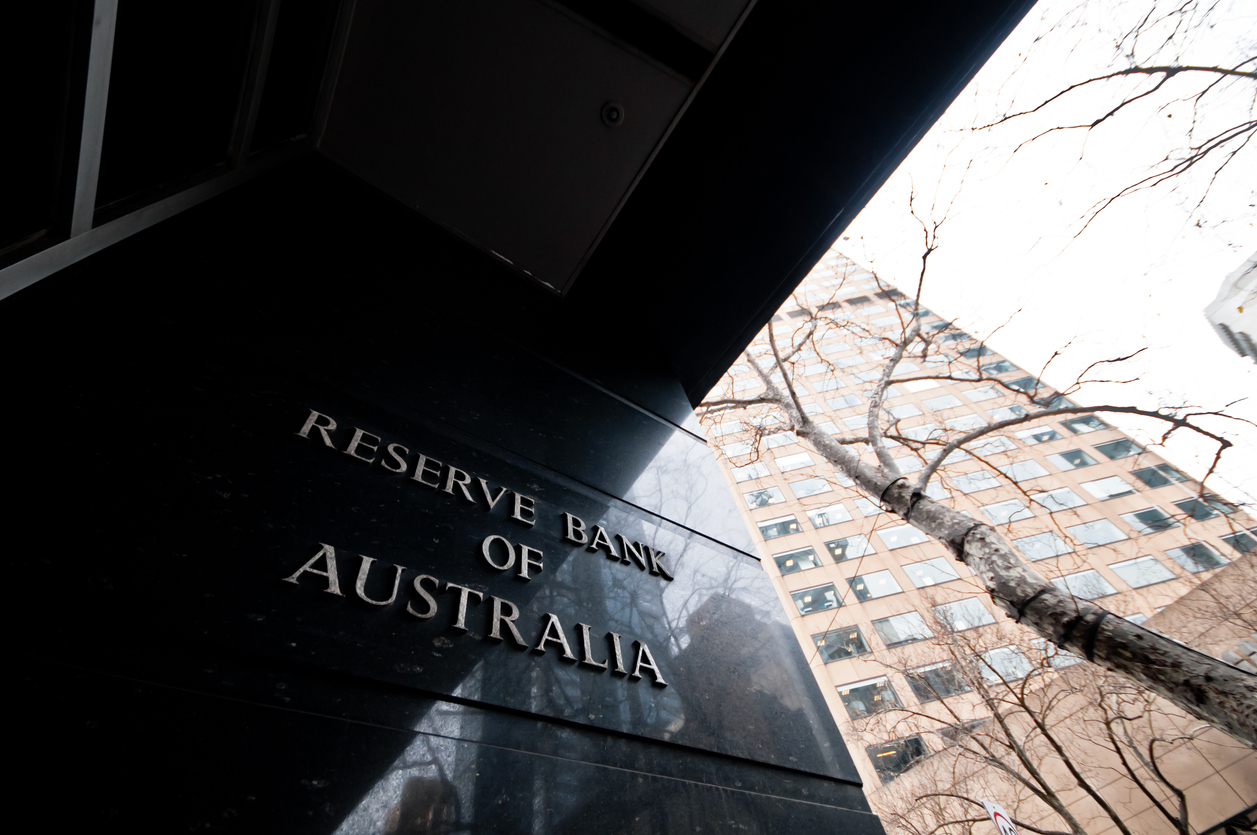The ABS has published the Consumer Price Index for the March 2023 reference period, showing a 7.0% increase since March 2022, starting a small downturn from the 7.8% increase from the December 2021 to December 2022 quarters.
Inflation
The Australia Bureau of Statistics has published that CPI rose 1.4% in the December-March quarter alone, with a 7.0% (and 6.6% trimmed mean) annual increase from March 2022 to March 2023.
Non-discretionary inflation again saw a significant increase of 7.2%. Significant contributing factors to this increase were increases to energy costs and to medical/hospital services. Additionally, while housing price increases have started to ease, rental costs continued to increase.
There was a slight decrease in fuel costs. While fuel prices remain high, the ABS attributes this as a continuation from the shock increase to fuel following the invasion in Ukraine.
Household goods have also dropped in price, which the ABS attributes to post-Christmas discounts. This was one of the main contributing factors to the slightly higher seasonally-adjusted CPI of 7.1%.
Wage Growth
The ABS’s wage price index publication for the March quarter is not due until the middle of May. While the national minimum wage saw one of its more significant increases of 5.2% (with a slightly lesser increase of 4.6% to the middle-higher paid award classifications) from July last year, the ABS’s report in the December 2022 quarter showed a 3.4% increase to the Wage Price Index over the year. This is fairly consistent with the Fair Work Commission’s statistical reports on average annualised wage increases in enterprise agreements from the start of the year, which has ranged between 3.1% and 4.4%.
Given the high CPI and high non-discretionary inflation rates, combined with the recent Fair Work Commission decision to award a 15% increase to aged care workers’ rates of pay, we expect unions will be pushing for relatively high minimum rate increases in enterprise agreement negotiations. The Australian Council of Trade Unions has, for example, submitted that the national minimum wage (and award minimum rates) should increase by 7%.[1]
Key takeaway points
Enterprise agreements and employment contracts with wage increases linked to CPI should check which specific CPI measure and reference period is used and plan their budgets and modelling accordingly. Employers coming up to or in the middle of enterprise agreement negotiations can expect unions to put forward relatively high claims for wages.
When the Fair Work Commission publishes its national minimum wage order, we will send out an EMA Note updating our clients.
Require further information/assistance?
If you require further information or advice, please contact your Consultant.
[1] Australian Council of Trade Unions, Submission to Fair Work Commission, Submission to the Annual Wage Review 2022-23 (31 March 2023).
EMA Consulting is not a law firm and therefore does not provide legal advice or services. The information contained within this document and associated material is general in nature and should not be relied upon. If you require specific advice on a particular matter, we recommend that you contact EMA Consulting on 08 8203 1700. Subject to the matter at hand, your EMAC Consultant may recommend that you obtain formal legal advice. If formal legal advice is required, upon your written instruction EMAC will brief your matter to a legal practitioner for this purpose. The contents of this document and associated materials do not represent legal advice.





